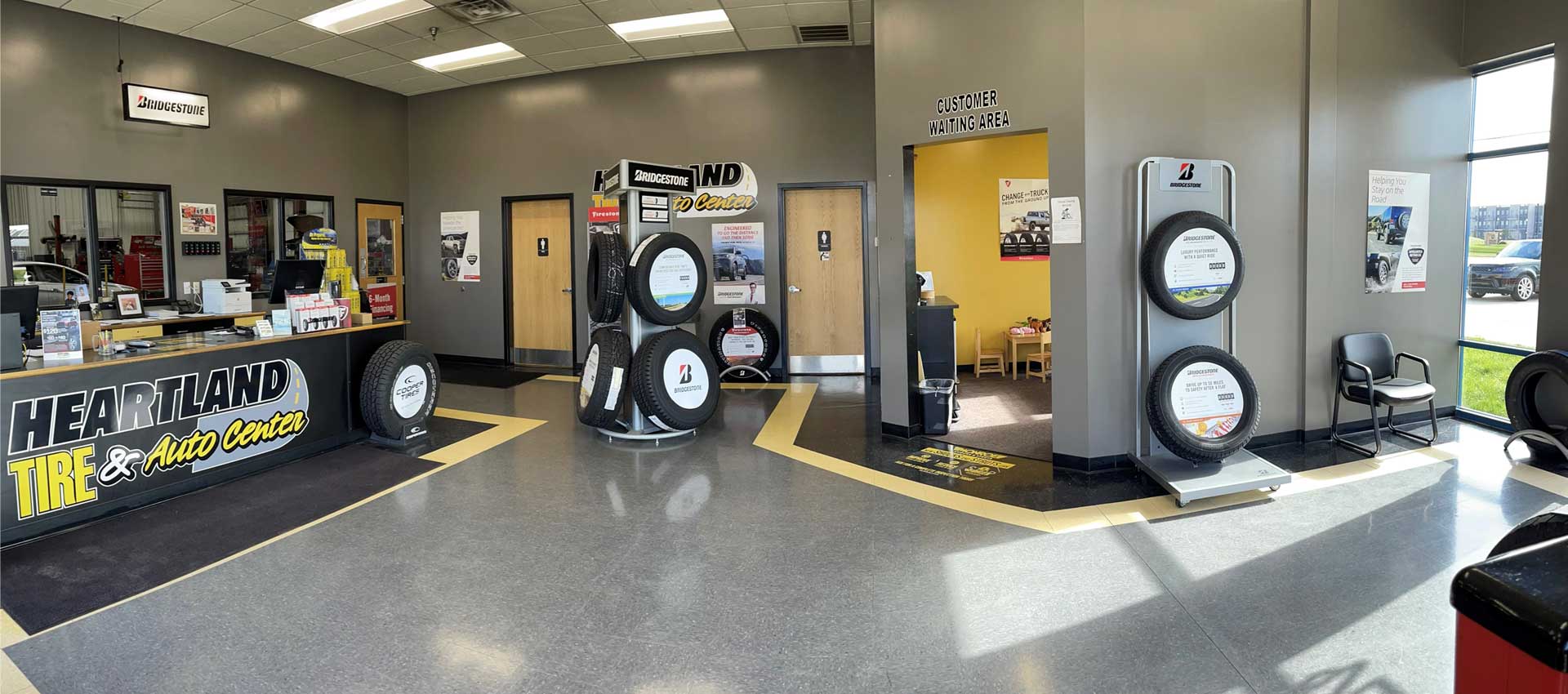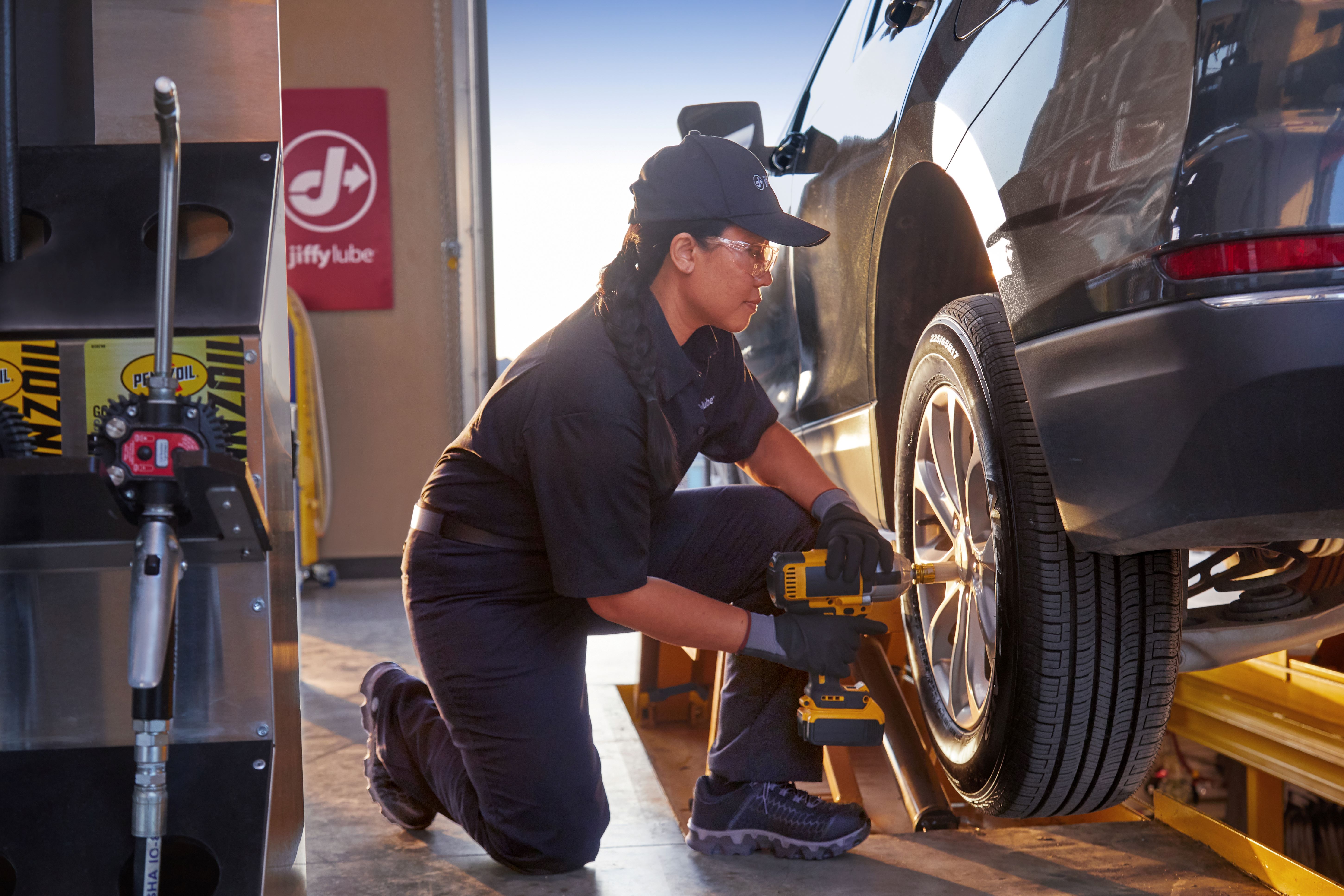Tire Service: Comprehending Tire Pressure Tracking Solutions
Understanding Tire Stress Monitoring Solutions (TPMS) is a crucial element of maintaining optimum vehicle efficiency and security on the roadway. With improvements in vehicle modern technology, TPMS has actually ended up being a conventional feature in modern-day cars, giving real-time info on tire stress degrees.

Relevance of TPMS
The importance of Tire Pressure Tracking Systems (TPMS) hinges on their capacity to boost vehicle security and performance via real-time monitoring of tire stress degrees. Preserving the proper tire pressure is crucial for making certain optimum handling, stopping, and general safety and security of a lorry. TPMS provides vehicle drivers with prompt responses on any type of overinflated or underinflated tires, enabling for prompt adjustments to be made.
Elements of TPMS
Making up various essential components, a Tire Stress Tracking System (TPMS) works as an innovative safety and security feature in modern lorries. The major parts of a TPMS consist of sensors, a control module, and a caution indicator. Sensing units are typically situated in the tire shutoff stem or affixed to the wheel setting up, where they gauge tire pressure and send information to the control module. If it detects considerably reduced stress in any of the tires, the control module processes this details and activates a warning. The warning indication, usually a sign on the control panel, informs the driver to examine the affected tire or tires. Some advanced TPMS designs likewise display the actual tire stress readings for each and every tire, offering chauffeurs with real-time information to make sure optimum tire efficiency and safety. By keeping track of tire pressure continuously, TPMS helps protect against accidents, minimizes tire wear, and boosts gas effectiveness, making it a critical component for lorry security and performance.
Kinds of TPMS

On the other hand, indirect TPMS relies upon the vehicle's wheel speed sensing units to check tire stress. This system spots underinflation by comparing the rotational rates of the wheels. Indirect TPMS is much less costly than direct TPMS, as it utilizes existing sensing units within the vehicle.
While direct TPMS offers extra precise analyses, indirect TPMS is less complex in design and typically calls for much less maintenance. Both systems have their advantages and restrictions, and the option between them usually relies on elements such as cost, lorry make, and individual choice. Recognizing the differences in between these two sorts of TPMS can assist automobile owners make notified decisions pertaining to tire maintenance and security.
TPMS Maintenance Tips
Conduct regular checks on the tire stress levels and contrast them with the TPMS analyses to ensure they are regular. Throughout tire rotation or substitute, make certain that the TPMS elements are taken care of thoroughly to stop any type of prospective damages. If the TPMS advising light brightens on the control panel, resolve the concern quickly by checking the tire pressures and the overall system for any mistakes.
Advantages of Correct Tire Stress
Maintaining appropriate tire pressure, as emphasized in TPMS Upkeep Tips, is essential for enjoying the numerous advantages associated with ideal tire pressure levels. Additionally, correct tire stress makes certain even tire wear, prolonging the lifespan of the tires and promoting safer driving problems. In verdict, the benefits of correct tire stress go past simply tire longevity; they see this page incorporate improved fuel efficiency, boosted safety and security, better lorry performance, and total driving comfort.
Conclusion
In verdict, comprehending tire stress surveillance systems (TPMS) is critical for maintaining ideal tire stress and making sure automobile security. By acknowledging the significance of TPMS, knowing with its parts, understanding the different kinds available, sticking to appropriate upkeep ideas, and recognizing the benefits of preserving correct tire pressure, drivers can boost their driving published here experience and prolong the lifespan of their tires. Correct tire stress is crucial to secure and reliable lorry operation.
